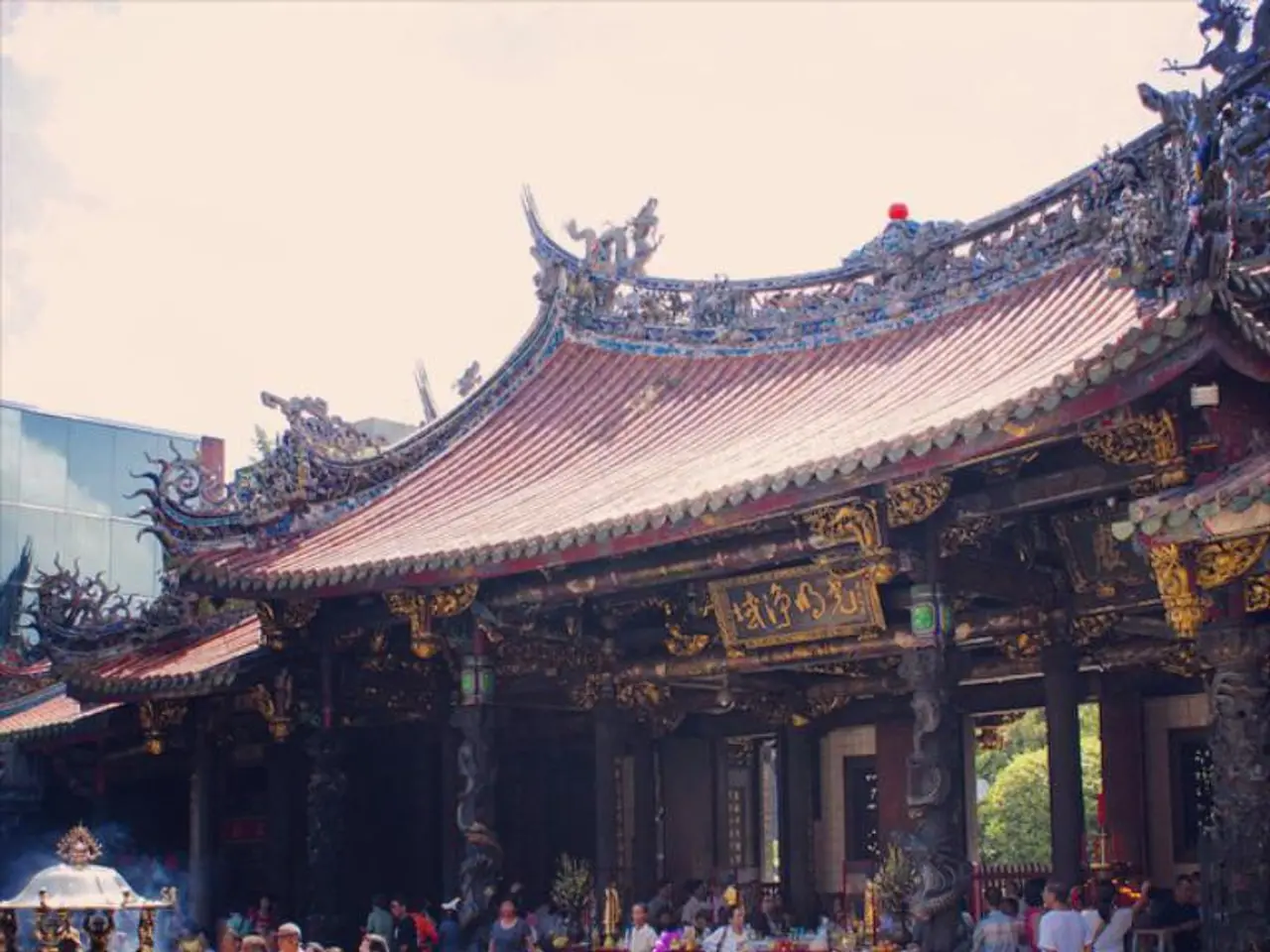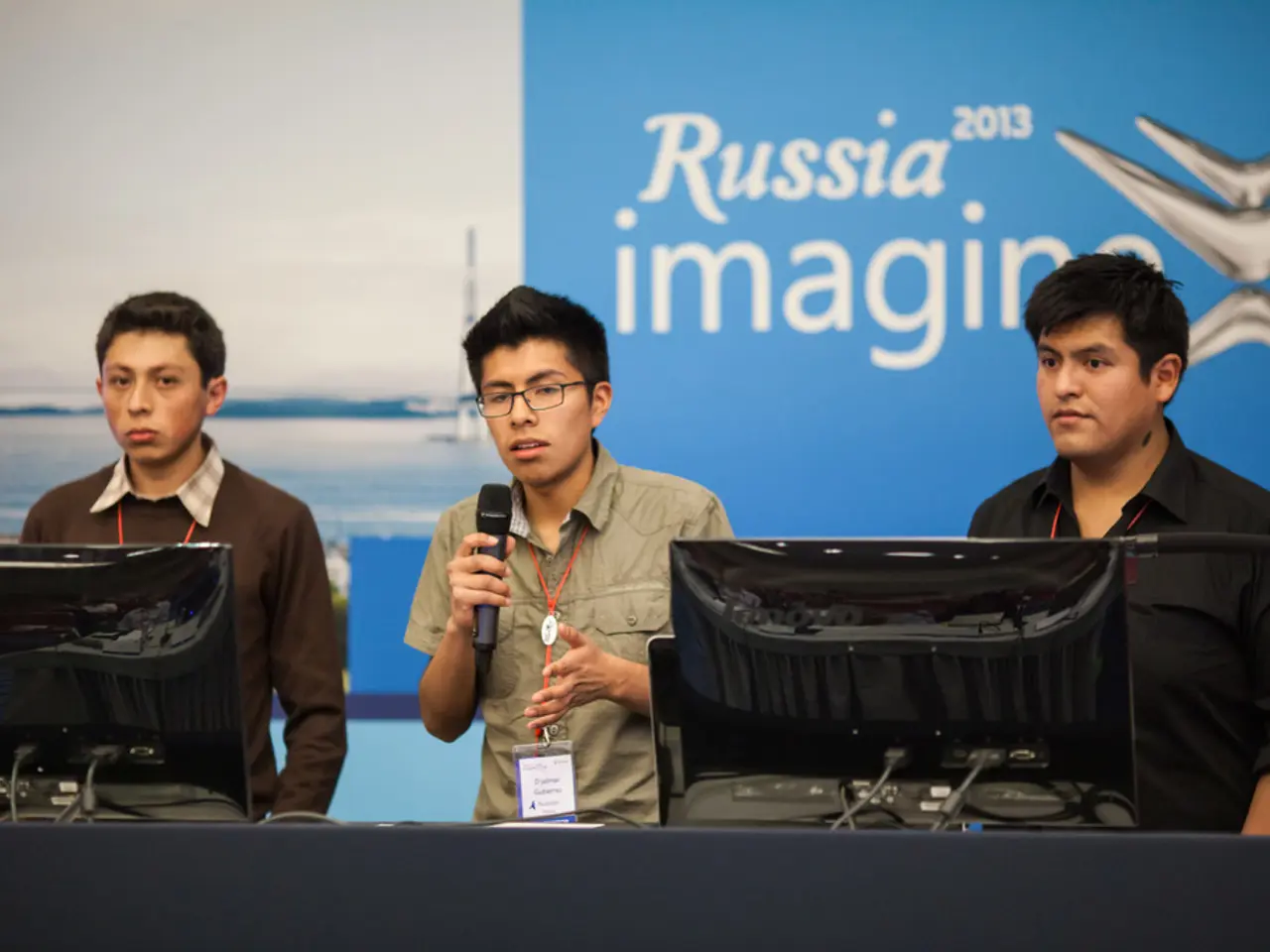Opposition parties in Japan divided over strategies for addressing inflationary relief
As the July 20, 2025, Upper House election approaches, Japan's political parties are divided on the best approach to tackle rising inflation. The current stance on inflation relief measures like cash handouts and consumption tax cuts is as follows:
The **Ruling Coalition** (Liberal Democratic Party - LDP and Komeito) advocates for **direct cash handouts** ranging from 20,000 yen to 40,000 yen per person as a "quick and intensive" relief measure to alleviate inflation's impact. Prime Minister Shigeru Ishiba emphasized that this program would not use funds earmarked for social security. Both the LDP and its coalition partner Komeito oppose cutting the consumption tax, stressing that consumption tax revenues are crucial for financing social security and should not be diverted for temporary relief[1][2].
In contrast, the **Main Opposition** (Constitutional Democratic Party - CDP) supports a **temporary exemption of food from consumption tax**, though such exemption might not take effect until April next year. They also propose a blanket cash handout of 20,000 yen per person to counter rising food prices[2].
The **Nippon Ishin no Kai** (Japan Innovation Party), led by Hirofumi Yoshimura, calls for a **two-year exemption of food from the consumption tax** and pledges to lower social insurance premiums[2].
The **Democratic Party for the People**, led by Yuichiro Tamaki, advocates a **temporary cut of the consumption tax rate from 10% to 5%** alongside income tax reductions to boost household incomes[2][5].
The **Japanese Communist Party** calls for reducing the **consumption tax rate to 5%** as an inflation relief measure[2].
The **Reiwa Shinsengumi**, led by Taro Yamamoto, supports stimulating consumption via **both cash handouts and tax cuts**[2].
The **Sanseito** proposes the **gradual abolition of the consumption tax** altogether[2].
The **Social Democratic Party** (SDP), led by Mizuho Fukushima, emphasizes making **food tax-free by setting consumption tax at 0% for foodstuffs** and raising the minimum wage. The SDP stresses that tax revenues should be used for improving livelihoods rather than military expenditures[3].
In summary, the **ruling coalition prioritizes direct cash handouts without cutting consumption tax**, to protect social security funding, while most opposition parties propose **consumption tax cuts or exemptions on food**, sometimes combined with cash handouts, as more structural measures to ease inflation's burden on households[1][2][3].
Meanwhile, the debate for the July 20 election for the House of Councillors, the upper chamber of parliament, took place on Tuesday. The 2nd Army Area chief also encouraged Thais to visit archaeological sites located along the Surin border, and the Tourism Authority of Thailand confirmed that Tomorrowland will be held in Chonburi with a billion-baht investment in 2026.
[1] Noda calls for blanket handout of 20,000 yen per person to reduce impact of higher food prices. [2] The current stance of Japan's political parties on inflation relief measures like cash handouts and consumption tax cuts is sharply divided ahead of the July 20, 2025, Upper House election. [3] Social Democratic Party (SDP) emphasizes making food tax-free by setting consumption tax at 0% for foodstuffs and raising the minimum wage. [4] The 2nd Army Area chief encourages Thais to visit archaeological sites located along the Surin border. [5] Yuichiro Tamaki, leader of the Democratic Party for the People, calls for a temporary cut in the consumption tax rate to 5 per cent and an income tax reduction.
- The Ruling Coalition, in their approach to inflation relief, advocates for direct cash handouts to alleviate the impact, with Prime Minister Shigeru Ishiba ensuring these funds would not be diverted from social security.
- On the other hand, the Main Opposition supports a temporary exemption of food from the consumption tax, a measure intended to combat rising food prices, although it might not take effect until the following year.
- Concurrently, the Nippon Ishin no Kai, the Japanese Communist Party, and the Reiwa Shinsengumi favor consumption tax cuts or exemptions on food as methods to ease the burden of inflation on households, often combining these measures with cash handouts.








